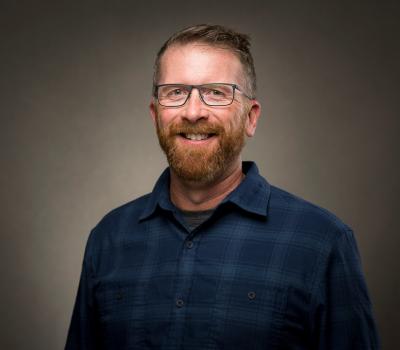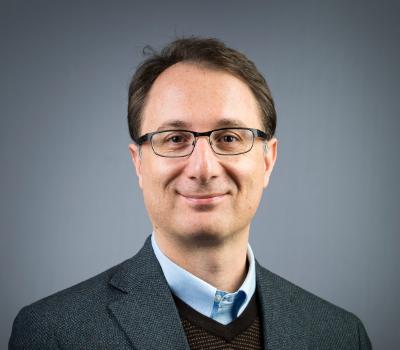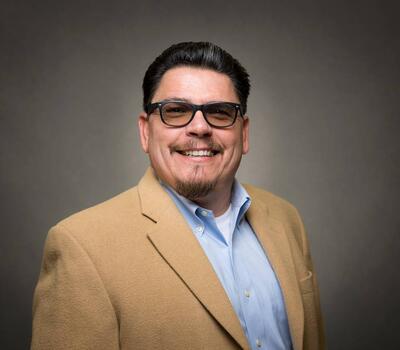Professor Jason Ideker’s research interests are in the area of early-age volume change of cement-based materials and concrete durability. His research group is actively investigating ways to reduce early-age cracking in high performance concrete and understanding volume change in alternative cementitious systems. As an internationally recognized expert in alkali-silica reaction (ASR), Dr. Ideker and his team investigate ways to improve and develop new ASR test methods that accurately reflect field performance. The group also develops fundamental knowledge about the mechanisms of ASR mitigation. Dr. Ideker also focuses on providing rapid and effective repair strategies, particularly related to material selection, for the aging infrastructure prevalent throughout the world.
Professor Burkan Isgor’s research and teaching interests include materials science of cement and concrete, corrosion, electrochemistry, surface science, computational materials science, and non-destructive model-assisted testing of materials and structures. The ultimate goal of his research is to develop integrated numerical and sensory tools for infrastructure owners and operators so that they can better evaluate the state of their assets and make informed decisions on their future. These tools help engineers manage infrastructure by allowing them to schedule maintenance, rehabilitation and replacement operations more efficiently and accurately so that their assets will be resilient against extreme conditions imposed by multiple sources of hazard. To develop this understanding he combines computational techniques and experimental methods to bridge length scales, from atomistic/nano-scale to macroscopic, so that one can include chemistry and physics at a fundamental level into endeavors for modeling and characterization of various material behavior.
Professor David Trejo's research focuses on the design and development of materials and systems for efficient construction processes and products. His interests focus on the design and development of systems that allow for accelerated and durable construction. Specific research projects have included development of precast overhang systems for safe, rapid, and durable bridge construction, assessment and modeling of segmental, post-tensioned bridges exhibiting strand corrosion, development of refractory materials for NASA’s launch complex, modeling and performance assessment of glass fiber-reinforced polymer (GFRP) concrete reinforcement, and many others. His teaching interests include heavy civil methods and processes, cementitious materials and systems, and durability of infrastructure systems. With almost 10 years of experience in the field, Dr. Trejo brings real-world applications into the classroom.


